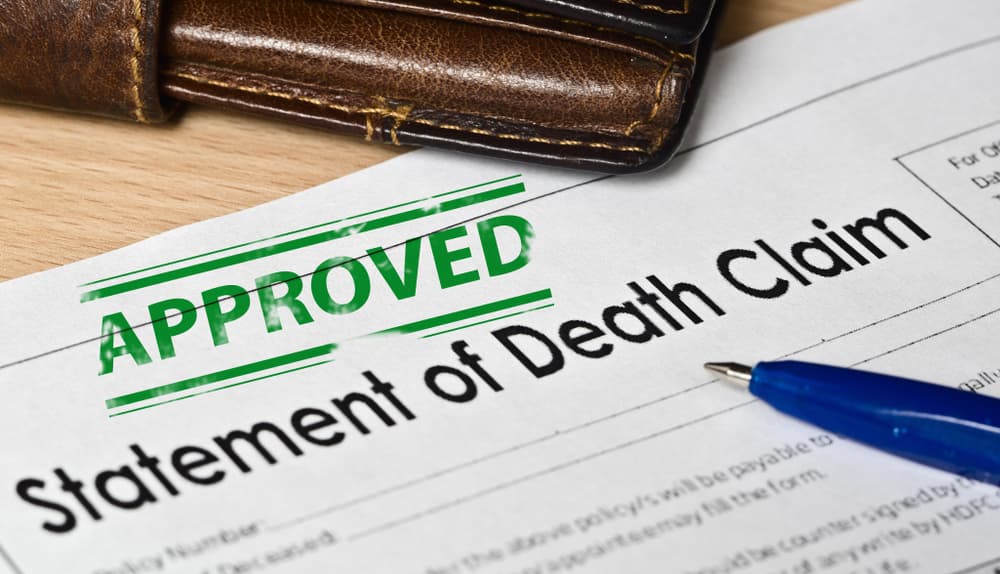When someone loses their life due to the carelessness of another person, surviving family members have the option to initiate a wrongful death claim. All U.S. states recognize these claims and grant the deceased’s close relatives or legal representatives the legal authority to seek financial compensation for their loved one’s untimely passing.
These cases not only provide an opportunity to recover damages but also serve as a way to hold the responsible party legally accountable for their actions. Because wrongful death claims involve complex legal and factual issues, it is wise to seek the guidance of a compassionate Jacksonville wrongful death attorney. With professional legal help, you can pursue justice and ensure those responsible are held fully liable for the fatal loss of your loved one.
When a Death Becomes Wrongful Under the Law

A death is considered wrongful under the law when it results from the misconduct, negligence, or intentional act of another person or entity. Unlike natural causes or unavoidable accidents, wrongful death arises in situations where the loss could have been prevented if proper care or lawful behavior had been exercised.
Common scenarios include:
- Negligent driving: Fatalities caused by drivers who were driving under the influence, distracted, or speeding.
- Medical malpractice: When a healthcare provider does not act up to their expected standard of care, leading to a patient’s avoidable death.
- Defective products: Deaths resulting from dangerous consumer goods, medications, or equipment that were improperly designed, manufactured, or labeled.
- Workplace hazards: Fatal incidents occurring in unsafe job sites due to lack of proper training, equipment, or safety protocols.
- Intentional violence: Deaths caused by assault, battery, or other acts of unlawful force.
In these situations, the law allows surviving family members or representatives of the decedent’s estate to bring a wrongful death claim. The main point is whether the person who died would have had an admissible personal injury claim had he survived. If so, a wrongful death action may be justified.
Who Can File a Wrongful Death Claim?
While a wrongful death claim is a legal way to seek legal recovery, not everyone affected by a person’s death has the legal right to file a wrongful death lawsuit. Each state has specific laws outlining which individuals or parties are permitted to bring such a claim on behalf of the deceased. Generally, the following parties may have the right to initiate a wrongful death action:
- Spouses: In most cases, the surviving spouse has the right to file a wrongful death claim. This reflects the significant emotional and financial impact the loss of a spouse can cause.
- Children: Both legally adopted and biological children of the deceased often have standing to bring a claim. The claim considers the heavy financial dependence and the significant loss of parental guidance and support.
- Parents of Minor Children: If the deceased was a minor child, the parents are usually eligible to bring a suit to recover for the emotional and financial distress tied to their child’s death.
- Personal Representative of the Estate: Some states require the wrongful death claim to be filed by the administrator of the deceased’s estate. Any damages awarded through the claim may then be distributed to eligible surviving family members according to state law or the stipulations of the deceased’s will.
- Other Dependents or Relatives: In certain situations, especially when there is no surviving spouse, child, or parent, other relatives, such as siblings or extended family members who were financially dependent on the deceased, may be permitted to file.
It’s important to note that eligibility rules can differ significantly from state to state. Some jurisdictions have a strict order of priority, while others allow multiple parties to bring a claim simultaneously or consolidate their claims into a single lawsuit. Because of these legal distinctions, it is a remedy for the family to work with a wrongful death attorney to help determine who has the lawful authority to file a claim, given your unique circumstances.
What Damages Can I Recover in a Wrongful Death Claim?

A wrongful death lawsuit is the legal means for the surviving family members and the estate to recover financial resources for the losses they have suffered as a result of the decedent’s untimely death. These damages are meant to address both economic and non-economic harms—losses that affect not only the estate’s value but also the emotional and financial stability of those left behind.
The damages you may secure in a wrongful death case include:
- Medical and funeral expenses: Any medical bills related to the final injury or illness, along with burial or cremation costs, may be claimed by the estate or surviving family members who paid them.
- Loss of financial support: Surviving spouses and dependents may recover the income the deceased would have provided over the course of their expected working life, adjusted for inflation and life expectancy.
- Loss of services and contributions: This includes the value of household tasks, childcare, and other forms of practical support the deceased would have continued to offer.
- Loss of companionship and protection: Spouses may be compensated for the emotional support and partnership that can no longer be provided. Minor children may also claim the loss of parental guidance and care.
- Mental pain and suffering: In some cases, especially those involving the death of a child or parent, the law allows for compensation for the emotional distress experienced by immediate family members.
These categories are subject to statutory guidelines and court interpretation, and the value of each depends heavily on the evidence presented. A wrongful death lawyer can help the surviving family members in documenting these losses and demonstrating their impact.
Seek Prompt Representation from a Skilled Wrongful Death Lawyer
If you believe your loved one’s death was caused by another party’s negligence, it’s important to note that you have legal recourse. Wrongful death claims are governed by strict deadlines, and the evidence needed to prove liability and calculate damages can quickly become harder to obtain. Fortunately, your wrongful death attorney can assess your case, identify all sources of potential compensation, and pursue the claim for the eligible survivors. Enlist the help of a personal injury lawyer immediately to safeguard your legal rights while giving you space to focus on your family and emotional healing.